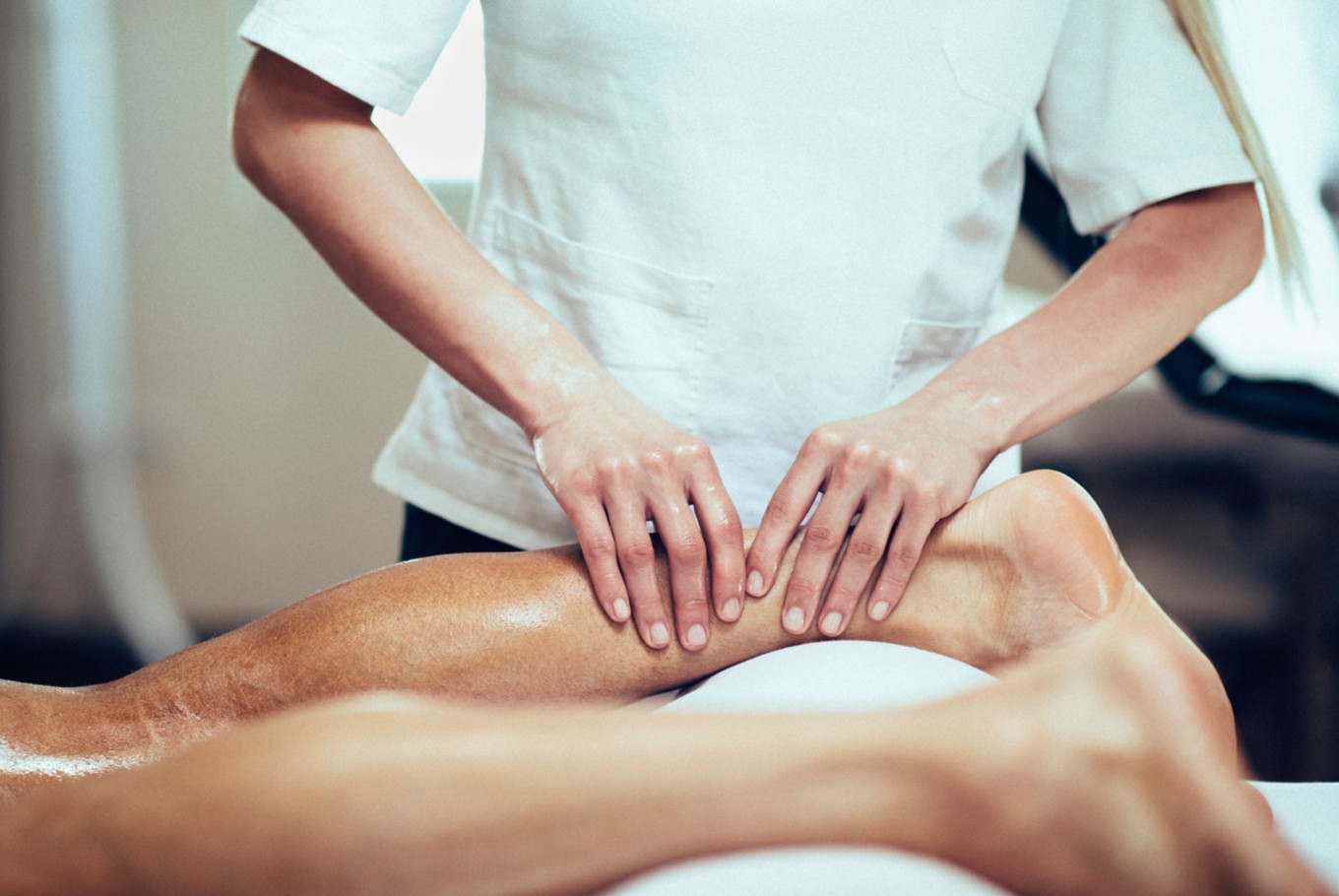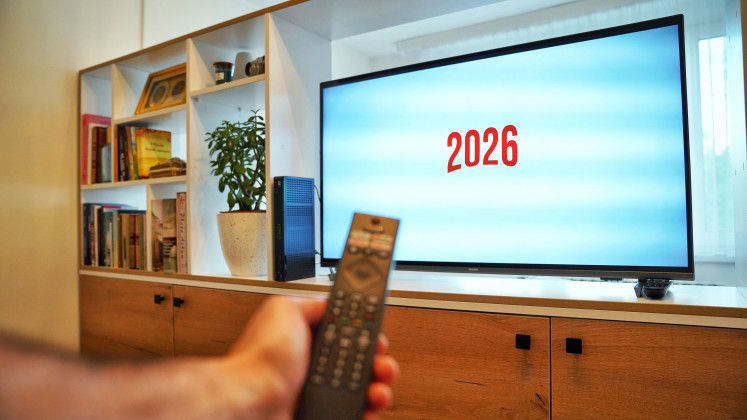Popular Reads
Top Results
Can't find what you're looking for?
View all search resultsPopular Reads
Top Results
Can't find what you're looking for?
View all search resultsMassage indeed could help reduce muscle soreness, stress
Research has found evidence of the health benefits of getting a massage, from reducing muscle soreness after exercise to taming stress.
Change text size
Gift Premium Articles
to Anyone
R
esearch has found evidence of the health benefits of getting a massage, from reducing muscle soreness after exercise to taming stress.
In past decades, studies have linked massages with having real psychological and physical benefits, according to Antara news agency.
A study from Australia, for example, found that a 10-minute muscle massage after a workout could reduce soreness by 30 percent.
A separate review study further found there was a 31 percent drop in cortisol following a massage. At the same time, feel-good hormones, such as dopamine and serotonin, increased by approximately 30 percent.
Other research on different forms of self-massage, such as foam rolling, have also shown that it could reduce muscle soreness and improve pain symptoms, even among people with osteoarthritis.
Tiffany Field, director of the Touch Research Institute at the University of Miami, noted that in fact, pain reduction, along with depression relief, are some of the benefits that research have most consistently linked to massages.
According to some of Field's work, massages may improve immune system function in people with breast cancer and leukemia, along with reducing their physical and emotional pain. Field said fMRI studies have shown that a massage increases blood flow in areas of the brain associated with mood and stress regulation.
"Pressure receptors under the skin, when stimulated, increase vagal activity," Field says, as quoted by Time. The vagus nerve is a major component of the human nervous system that plays a role in automatic functions like heart rate, breathing and digestion.
Increased activity in the vagus nerve could produce a calming effect, which would explain the drop in cortisol and other stress-related symptoms.
Read also: How stress affects your brain, and how to calm down
In explaining it, Field likened the process to the reaction in rubbing a pain site after a bump to the elbow or the knee. The condition plays into the "gate theory" of pain, which theorizes that activating related touch receptors prevents the brain from fully registering painful stimuli. "This is another way pain might be alleviated by massage," Field says.
On immune function improvement, Field says benefits linked to the hormones and nervous system following a massage may protect the immune system's natural killer cells, which is a type of white blood cell that fights of viruses and helps prevent tumor growth.
Research findings are still controversial, however, as some review studies have found only weak evidence that massage offers pain-reducing benefits.
Solid argument to support that a massage is beneficial for health is faced with a challenge in the fact that it is difficult to design a massage study that eliminates the placebo effect, in order to determine the results of a real massage with its non-placebo effects.
Field further added that it is also still difficult to know how much is ideal as most studies have looked at one massage a week.
Nevertheless, she said regular massages and even five minutes of foam rolling a day could be beneficial. "I always say that it's probably like exercise, where more is better," she says. (liz/kes)-











